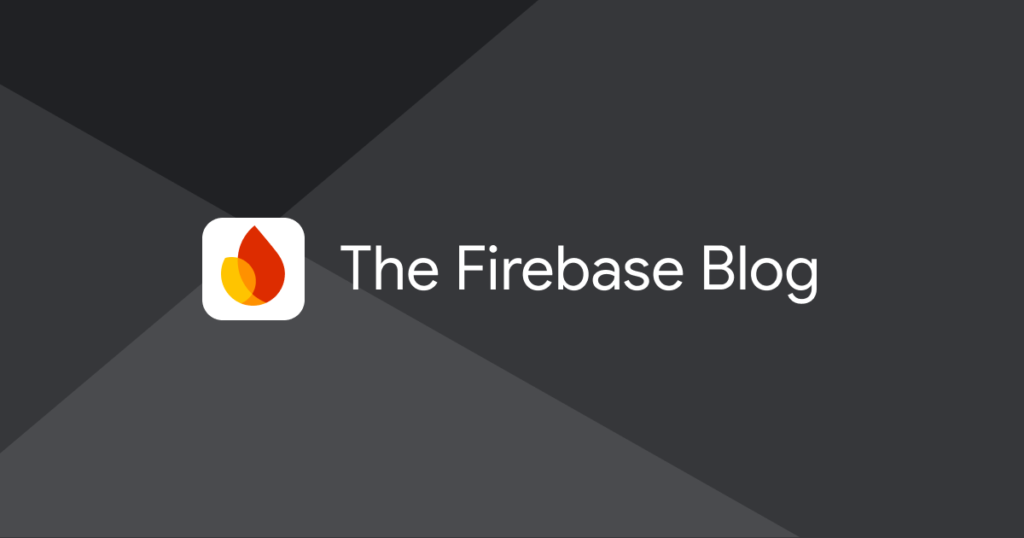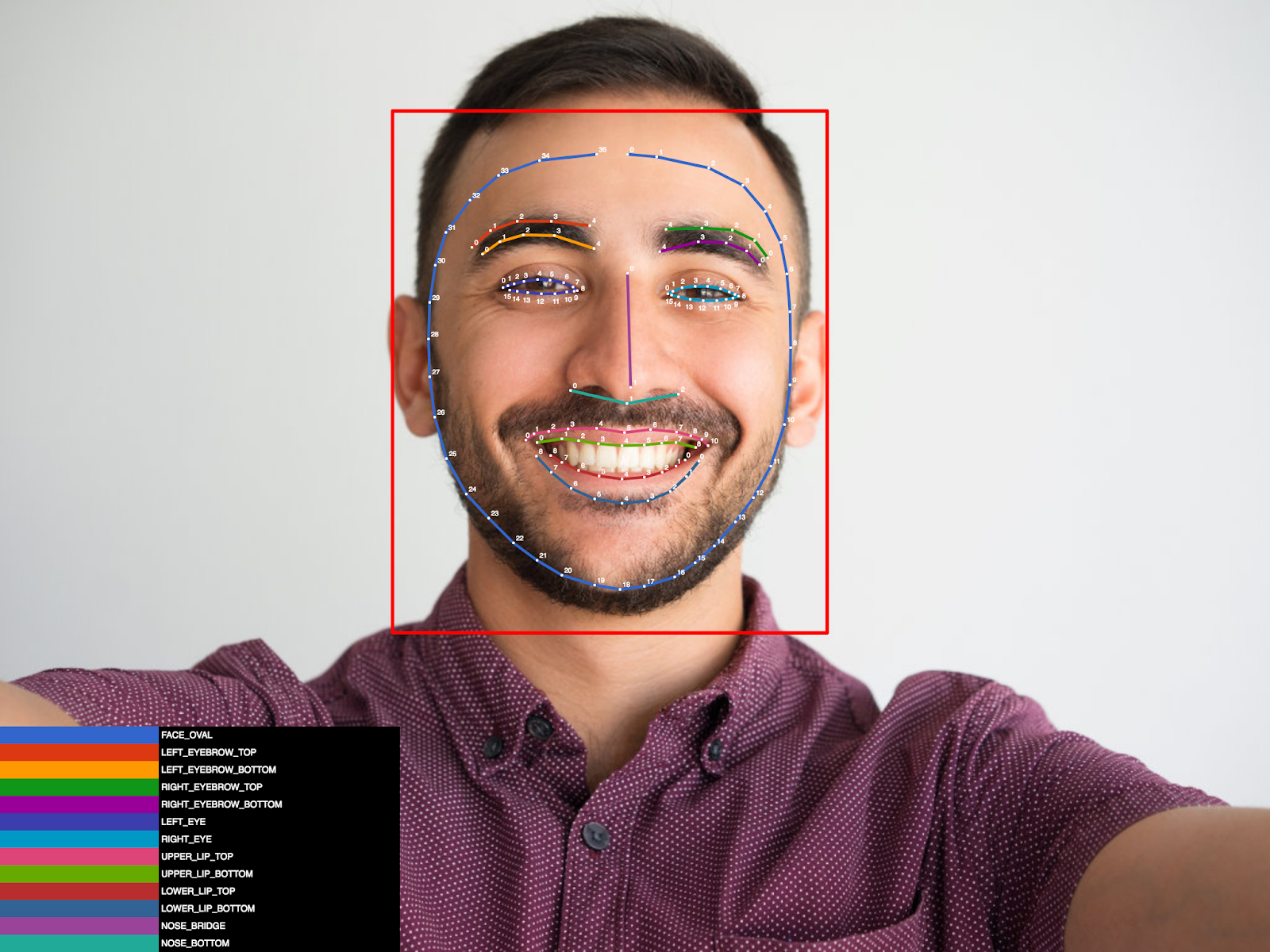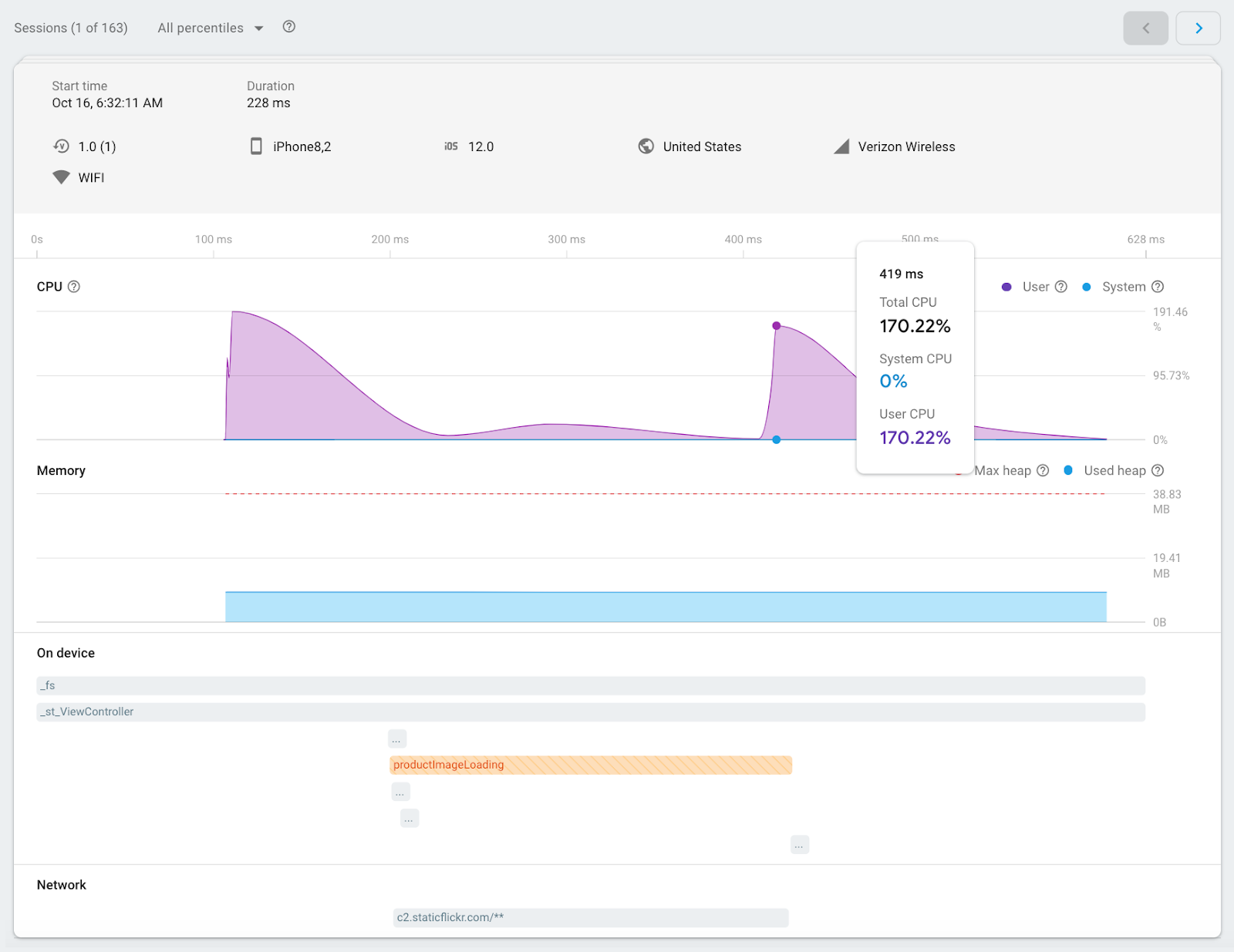
October 29, 2018
Thank you for reading this post, don't forget to subscribe!Here at Firebase, we believe that apps improve the way people live, work, learn, and socialize. That’s why our mission is to make app development as easy as possible by giving you a platform that solves key challenges across the app lifecycle. Whether you’re an up-and-coming startup or a well-established enterprise, Firebase can help you build your app, improve its quality, and grow your business.
It’s exciting to evolve Firebase alongside our passionate community. Right now, over 1.5 million apps are actively using Firebase every month. We love hearing your stories; they inspire us to keep making Firebase even better so you can continue to succeed. One story we heard recently is from Hotstar, India’s largest entertainment app with over 150 million monthly active users around the world.
A few months ago, the Hotstar team safely rolled out new features to their video watch screen during a major live-streaming sports event. These changes, along with updates to their onboarding flow, increased user engagement by 38%! Impressively, by using a combination of Firebase products, Hotstar was able to do this without disrupting users, sacrificing stability or releasing a new build.
Learn more about their story here:

Today, we’re hosting the third annual Firebase Summit in Prague to meet many more members of our developer community and learn about the great things they’re building. All sessions will be posted to our YouTube channel or you can read on to learn about all the exciting new updates we’re announcing today!
Supporting sophisticated development teams
We’ve been working hard to make it easier for sophisticated app development teams to use Firebase. Today, we’re excited to share that we’ll be adding support for Firebase to our Google Cloud Platform (GCP) support packages, available in beta by the end of this year.
If you already have a paid GCP support package, our beta will let you get your Firebase questions answered through the GCP support channel – at no additional charge. When this new support graduates to general availability, it will include target response times, technical account management (for enterprise tier), and more. You can learn more about GCP support here.
If you’re planning to stick with Firebase’s free support, don’t worry – we don’t plan to change anything about our existing support model. Please continue to reach out to our friendly support team for help as needed.
In addition to Cloud support, we’ve made improvements to Firebase across the board. More below!
New tools for building better apps
Manage projects with ease via the Management API
We’ve worked hard to open access to our server-side APIs, so that you can easily integrate Firebase services with your existing systems. Today we’re releasing the Firebase Management API, a REST API that allows you to create and manage projects and apps programmatically**.** Now, you can create and destroy Firebase environments as part of your existing developer workflow.
The Management API is also enabling partners to build awesome new experiences. We’re thrilled to share that you can now deploy to Firebase Hosting directly from within StackBlitz and Glitch, two web-based IDEs. Their platforms will now automatically detect when you are creating a Firebase app and allow you to deploy to Firebase Hosting with the click of a button, without ever leaving their platforms.


What’s especially cool is that this isn’t just for partners. This is a new, extensible API and we’re very excited to see what you build with it. You can learn more and get started here.
Enhanced face detection with ML Kit
Launched at Google I/O in May, ML Kit makes machine learning easy and accessible for all app developers, regardless of your experience with ML. If you’re new to the space you can use ML Kit’s out-of-the-box APIs, like text recognition or face detection, or if you’re more experienced you can bring your own custom TensorFlow Lite models and serve them through Firebase.
Today, we’re expanding on the face detection API with the beta launch of face contours, allowing you to detect 100+ detailed points in and around a user’s face. The face contours functionality empowers apps to easily overlay masks or accessories on facial features with high fidelity and accurate positioning, or add beautification elements, like skin smoothing or coloration. See our docs to learn more!

Increased confidence in deployment with Cloud Firestore
In the past, we’ve heard feedback that testing can be tricky on Firebase. For example, it’s sometimes hard to set the right rules to ensure your apps are secure. To help with this problem, we’re releasing local emulators for Cloud Firestore and the Realtime Database. These emulators let you develop and test locally, and can be built into your continuous integration workflow so you can deploy with more confidence and peace of mind. Learn more about the emulator here.
Propagate Remote Config updates in near real time
Developers love using Remote Config because it gives them the ability to modify their app, customize the UI, or release a new feature without deploying a new version that could disrupt users. But, there was no easy way of knowing when an app’s Remote Config was updated! You had to fetch updates from Remote Config every few hours to ensure your users always saw the latest changes in their app.
Today, we’re happy to announce that Remote Config now integrates with Cloud Functions & Firebase Cloud Messaging so you can notify your apps in near real time when you publish (or rollback) a new config. This reduces the set-up complexity of Remote Config and uses less bandwidth on devices because apps only need to fetch when a new config is available.

Additionally, Remote Config can now trigger developer-defined functions when you publish or rollback your config. This way, you can keep different Remote Config projects in sync (for development/staging/production environment workflows), as well as send Slack messages to your team when a new config is published. To learn more, visit our docs!
From our early access partner eBay:
“The combination of the Cloud Functions with the Firebase Remote Config REST API has allowed my distributed team at eBay to be instantly notified of any changes to our application’s configuration. Using these tools to create a function which pushes changes to Slack ensures everybody who needs to know about a configuration change has that information immediately.” – Jake Hall, eBay Classifieds Group Mobile Architect
New tools for improving app quality
Test Lab for iOS graduates into general availability
At Google I/O, we also launched the beta availability of Firebase Test Lab for iOS. Over the last several months, we’ve expanded the iOS device farm, added support for iOS 12 as well as for older iOS versions, and integrated the UI for iOS into the Firebase console. With these updates, we are graduating Test Lab for iOS out of beta and into general availability. Learn more and get started with Test Lab today!

Performance Monitoring: Sessions insights and issues management
Even if you run thorough tests throughout your development lifecycle, bugs and performance issues will pop up in your production app from time to time. Performance Monitoring gives you insight into these issues and automatically surfaces the most critical issues in a given trace instance (i.e. a particular app start or checkout flow). Now, you can dive into an individual trace session to see exactly what was going on when a performance issue occurred.
For example, in the following dashboard, you could see that CPU usage spiked after the app fetches and renders a product image, which tells you the specific part of code to investigate.

With all the data and issues that Performance Monitoring surfaces, it can be hard to prioritize your efforts. That’s why we’re also launching the ability to “mute”, “close”, and “reopen” issues in your console. Muting temporarily silences the issue, so you can concentrate on other work, until you’re ready to tackle it. Marking an issue as closed indicates that it’s been solved, but Firebase will notify you if it occurs again.
Learn more about session insights and issues management here.
App performance and stability issues can occur anytime. To help you stay on top of stability, even when you’re away from your desk, we’re introducing a Firebase Crashlytics stability digest email and a new integration with PagerDuty. The stability digest highlights emerging issues that could become problematic in the future, while the PagerDuty integration allows you to alert your team about a high impact crash, any time of day. To connect Crashlytics with PagerDuty, follow the steps here.
Do more with your data with BigQuery + Data Studio
Earlier this year, we integrated Crashlytics with BigQuery so you can run deeper analysis on your crash data. To help you get started in BigQuery, we’ve put together a Data Studio template, so you can quickly produce a shareable report. You can preview the template with mock data, and then customize the report to suit your needs. Learn more here.

New tools for growing your business
Predictions graduates out of beta into general availability
Last year at the Firebase Summit, we introduced you to Firebase Predictions. Predictions applies Google’s machine learning to your app analytics data to create user segments based on predicted behavior. Without requiring anyone on your app team to have ML expertise, Predictions give you insight into which segments of users are likely to churn or spend (or complete another conversion event) so you can make informed product decisions. This year, we’re excited to announce that Predictions is graduating out of beta and into general availability with a host of new features designed to make Predictions more useful.
Wondering what goes go into any given prediction? We added a new details page that shows you what factors the ML model considered (like events, device, user data, etc.) to make that prediction. We also now expose performance metrics for each prediction, letting you see how the prediction has performed historically against actual user behavior, so you can better calibrate your risk tolerance level. And, if you want to do a deeper analysis of prediction data or use it in third party services, you can export your complete prediction dataset to BigQuery.
Check out our docs to learn more!

Reach users more effectively with dynamic audiences in GA
Google Analytics for Firebase has always given you the ability to segment your users into audiences based on events, device type, and other dimensions. Now, we’re enhancing the audience builder with a few major updates: dynamic audience evaluation, audience exclusion, and membership duration.
First, audiences are now dynamic by default, meaning that Firebase will pull in new users that meet your criteria and automatically remove users that no longer meet your criteria. If, for example, you set up an audience of users who are on level 5 in your game, as users beat the level and move on to level 6, they will automatically be removed from the audience. Conversely, once users advance to level 5 they will automatically be added to the level 5 audience you’ve established.
Secondly, you can refine your audience by adding exclusion criteria using and/or statements which enable you to create audiences like “users that have added to their shopping cart but not made a purchase”.
Finally, audiences can now include a membership duration, allowing you to ensure that your audiences stay fresh. This enables you to target users who have completed an action within a specific time period, e.g. “made a purchase within the past two weeks”.
Dynamic audiences allow you to reach your users more effectively with relevant messaging and a more personalized app experience. Learn more and get started with dynamic audiences here.
Run automatically recurring campaigns with Cloud Messaging
Once you’ve defined your user segments using Analytics or Predictions, you can use Firebase Cloud Messaging (FCM) to send notifications to latent users to bring them back into your app. We’ve redesigned the notifications console to support more sophisticated campaigns. This new UI gives you the power to set up recurring notification campaigns that automatically send messages to new users as they meet the targeting criteria. Previously, you could only schedule one-time sends.
Additionally, the new notifications UI allows you to easily target users based on the date of their first session or the number of days since they last opened an app. And last but not least, we’ve updated the campaign results view so you can track the effectiveness of recurring notification campaigns day-by-day.
Check out the new UI on your console!

Looking into the future
We’re excited about all the updates to Firebase that we’ve announced today. As we continue to grow and enhance the platform, we’d love to have your feedback. Join our Alpha program to get a sneak peek of what we’re building next, share your thoughts with us, and shape the future of Firebase.
If you weren’t able to join us in person in Prague, all of our sessions are recorded and posted to our YouTube channel. Thanks for being a part of our community and happy building!
2018-10-29 00:00:00







